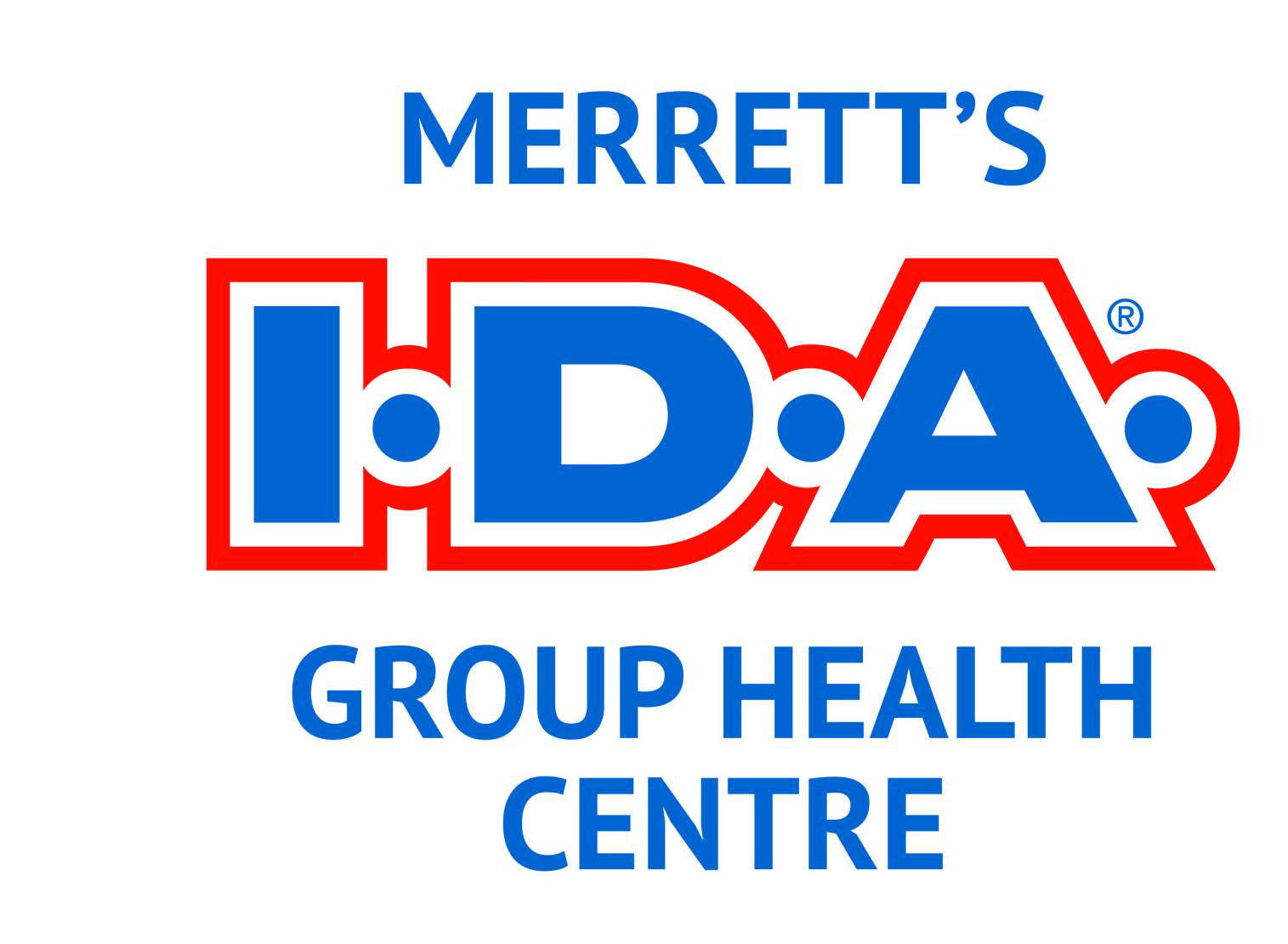Stress
STRESS
- WHAT IS STRESS?
Stress is the natural reaction of the entire body to a situation it perceives as new, unpredictable, or threatening. If a car suddenly speeds toward you, your whole body will go on high alert and into a state of readiness to escape the threat: it secretes adrenaline, your heart rate speeds up, and you start breathing faster. In cases like this, stress is essential to survival!
However, constant stress can cause many health problems. For example:
It weakens the immune system and increases the risk of coming down with colds or other infections or even developing cancer.
It damages the brain cells responsible for memory.
It speeds up the aging process.
It promotes the onset of psychological disorders, such as depression and anxiety. Stress may also trigger headaches.
It may contribute to diseases like hypertension, heart disease and diabetes.
- It can also aggravate conditions such as asthma, psoriasis and inflammatory bowel disease.
- WHAT ARE THE SYMPTOMS OF STRESS?
Everyone experiences stress differently, but the most common symptoms are:
- irritability and nervousness
- insomnia or problems sleeping
- digestive problems, loss of appetite, or weight loss
- heart palpitations, headaches
- change in body temperature
- change in blood pressure
- WHAT CAUSES STRESS?
There are many stressors and is different for everyone. A situation that causes intense stress for one person may not cause much stress for someone else. Stress depends above all on how you perceive a situation and how you react to it.
Some of the common causes of stress are the death of a loved one, divorce, separation, disease and injury. Even positive events can be stressful, such as a move, a vacation, or the holidays. Daily life also brings its share of stresses, such as conflict with a friend, stress at work, or school exams.
- HOW TO RELIEVE STRESS
To manage stress, we must first recognize our personal sources of stress and then learn what to do to avoid or at least decrease them. You can keep a diary to identify your sources of stress and what you did to reduce the stress.
As a first step to reducing stress, you can also think about the following changes:
- Adopt a healthy lifestyle. Take pleasure in eating a healthy and balanced diet. Cut down on alcohol and caffeine. Don’t smoke: Talk to your pharmacist or doctor if you need help to quit smoking. Make sure you have good sleep habits. Work out regularly. Don't take drugs.
- Better manage your time and priorities, and set realistic goals.
- Accept that not everything has to be perfect. Avoid being too critical with yourself or the people around you.
- Better deal with conflict either by occasionally giving in or by enforcing your limits.
- Learn to see things more positively and have a more realistic perception of situations.
- Share your concerns, needs, feelings and emotions.
- Take time for yourself. Spend time every day doing an activity you like: reading, listening to or playing music, playing a sport, spending time with a pet.
- Practise relaxation techniques: yoga, relaxation, deep breathing, meditation, massage therapy, aromatherapy.
- Develop your sense of humour: Laughter is a great way to destress!
- WHEN TO SEE A HEALTH CARE PROFESSIONAL
Stress is a common problem in our society. We have to avoid letting it cause serious health problems. Seek help from a health care professional as soon as you realize that stress is having an impact on your well-being. Don’t hesitate to consult a doctor, psychologist or a licensed psychotherapist if:
- You have stress-related symptoms.
- Stress impacts your daily activities, sleep or appetite.
- You're having trouble recognizing or managing your sources of stress.
- MEDICATION CAN HELP WITH STRESS
A healthy lifestyle and psychotherapy are basic tools for getting a handle on stress. But sometimes these tools aren’t enough. Your doctor may recommend medication to help you better control stress in your life. Talk to your pharmacist or doctor.
